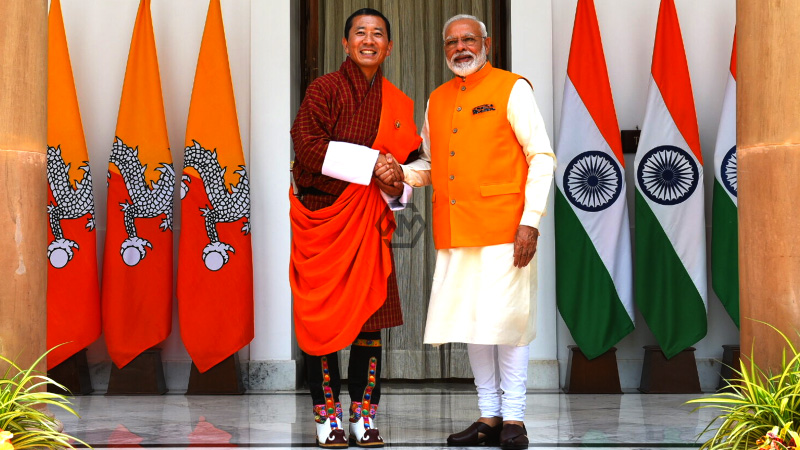- Tshering, is amenable to providing investment incentives with an Indian subsidiary if they expand their operations to Bhutan.
- Bhutan’s economy is primarily dependent on tourism.
- With energy as the main import, India is Bhutan’s biggest and most significant commercial partner.
The Prime Minister of Bhutan, Lotay Tshering, is amenable to providing investment incentives to multinational corporations with an Indian subsidiary if they expand their operations to Bhutan.
He thinks that Bhutan might consider doing business with any organization in the world that has an Indian investment arm. According to Tshering, Bhutan might be able to provide special benefits for businesses, such as tax breaks, access to skilled labor, and other advantages.
Bhutan and India
Although not in the normal sense, Bhutan is open to manufacturing clusters. The nation will concentrate on important, high-value, low-volume manufacturing and firms that use fewer but highly skilled laborers, primarily in the fields of research, technology, and digital and IT services. He added that his nation was prepared to investigate financial services as well.
Bhutan’s economy is primarily dependent on tourism, but the imposition of a high sustainable development charge of $200 per person per day for visitors from outside the country following the pandemic has made it difficult to attract travelers to the mountainous nation.
The charge will now be reduced by 50% to $100 per person per day, according to the Bhutanese government. With energy as the main import, India is Bhutan’s biggest and most significant commercial partner.
India now accounts for roughly 80% of Bhutan’s total commerce, which climbed from $484 million in 2014–15 to $1,422 million in 2021–22. Tshering stated that an Indian-Bhutanese train connection will be built “as soon as possible.”



